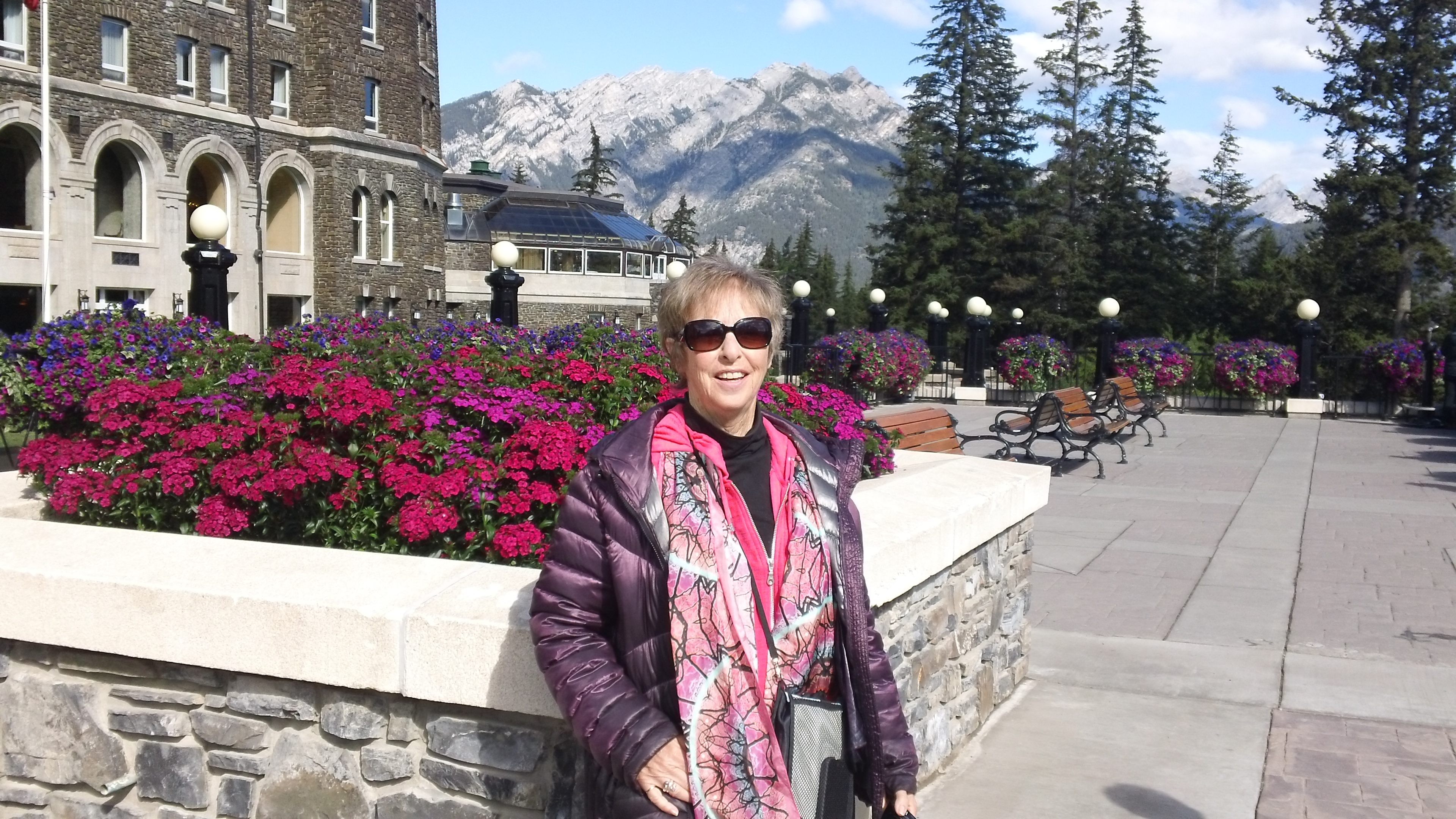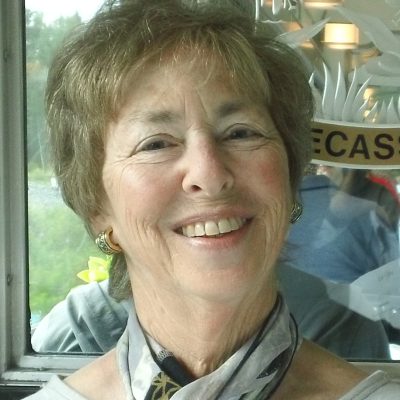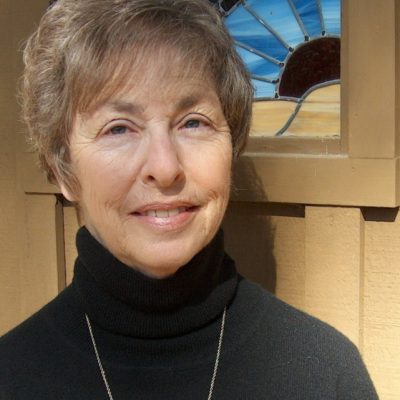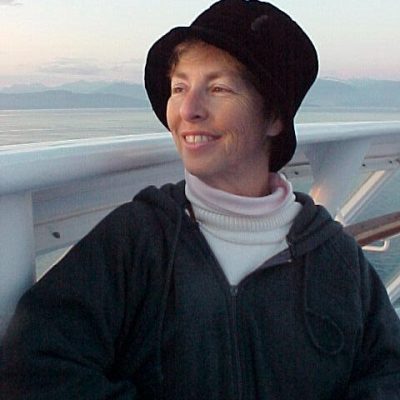In an era where the number of elderly individuals on the planet surpasses any previous time, but genuine Elders are in decline, Dr. Sally Z. Hare stands as a beacon, seeking to forge connections between soul and the role of an Elder. Her mission is to inspire others to embark on the transformative journey of becoming an Elder, recognizing that it is not solely about age but about a life steeped in integrity, wholeness, and meaning.
Sally, a lifelong teacher, learner, feminist, and activist, radiates a passion for environmental stewardship. Her profound journey spans over 30 years of collaboration with Parker J. Palmer, whom she credits as a significant influence on her love for life. Other pillars of joy in Sally’s life include her husband Jim, her loyal companion Hope, the vast ocean, and the solace found in being an avid reader.
As the Coastal Carolina University Singleton Distinguished Professor Emerita and president of still learning, inc., Sally has left an indelible mark on academia. She served as the Dean of the Graduate School at Coastal for over a decade. Armed with a Ph.D. from the University of South Carolina, Sally holds the title of Singleton Distinguished Professor Emerita, with a deep commitment to understanding and fostering community.
During a three-year Kellogg National Fellowship in the early 1990s, Sally’s exploration of the concept of community across diverse cultures and countries, from Bali to Canada, underscored her dedication to understanding and building connections. Recently, she returned as an advisor to the most recent Kellogg National Fellows, completing a full circle of knowledge and mentorship.
Sally’s accolades reflect her exceptional contributions. She was named the Phenomenal Woman of South Carolina in 2003 and received the 2002 Woman of Achievement Award from the South Carolina Governor’s Commission on Women. In 2001, she was honored as Coastal Carolina University’s Outstanding Teacher Scholar Lecturer. Additional recognitions include the Ambassador Award for Education from the Louis Gregory Baha’i Institute, the Creative Programming Award from the National Continuing Education Association, and the Distinguished Leadership Award from the National Community Leadership Association.
Her literary accomplishments include a children’s book, “Lucas and the Terribly-Trying Trying-Terribly Test,” as well as numerous poems, essays, and articles. Sally has contributed to notable works such as “The Dance of a Lifetime: The Transaction of Individual and Community” and “We Teach Who We Are: The Intersection of Teacher Formation and Educator Dispositions.” Her writings are featured in collections like “Living the Questions: Essays Inspired by the Work and Life of Parker J. Palmer” and “A Gallery of Portraits in Service-Learning: Action Research in Teacher Education.”
Sally’s commitment to education and community is encapsulated in her works, including “The Lehrergarten: A Vision for Teacher Education” and “I’ll Meet You in the Field: The Intersection of Education and Community.” She has secured grants, including two exceeding $1 million from the National Science Foundation, aimed at empowering women and girls in math and science.
Dr. Sally Z. Hare’s life story is an ode to wisdom, resilience, and the profound impact one individual can have on education, community, and the pursuit of lifelong learning.
For information and copies contact Sally Z. Hare
couragetoteach@sc.rr.com
“I offer The ElderGarten as the guide to the field I first discovered in kindergarten, the one the Sufi poet Rumi writes about:”
“Out beyond wrong-doing and right-doing, there is a field… I’ll meet you there.” - Rumi
I have entered that field again and again in my lifetime, but too often, I seem to lose my way back when I leave. My Reader Self writes so I can read my own words, hear my own thinking. As I did that, I understood that the field is – and has always been — there; my difficulty has been seeing my way, as my map is outdated. I need a field guide to being/becoming an Elder.
What is an Elder?
The time of Life when one’s hidden wholeness becomes visible. Elder means to live with integrity, undivided between the inner Self and the outer world: soul and role are connected in a seamless flow.
Here are some things I notice and want to name as we begin:
- My adult Self needs an ElderGarten, a space to flourish, to reflect, to play, to learn, to unlearn.
- That space is not a classroom or a course: it is a journey that is lifelong. Becoming an Elder is a journey, not an objective or a destination.
- The role of Elder is a gift to be received, not a goal to be achieved
- The journey is both inner and outer.
- The journey is not linear; it is Mobius. The journey is a return to the wholeness into which I was born, this time recognizing my birthright gifts and how I embody them in the World.
- The journey is an individual one; only I can find my way – and it is too hard to travel alone.
- The paradox of taking an individual journey in community is that it requires a trustworthy community.
- The journey is about meaning, but not about finding some universal meaning of life, as I once thought. No, it is about discovering and uncovering the steppingstones and creating MY meaning.
- Those steppingstones are the people and the places, the words and the music and the moments, that I have encountered along the way. They are what the brain scientists tell us we store as individual and distinct moments, what they call event segmentation. I call them steppingstones – and The ElderGarten offers me an opportunity to retrieve them and examine them in the Light of Now and see what’s there.
- The journey does not start at a particular age or stage; it begins when we recognize that we are mortal – and that life in human form is ephemeral, impermanent. We may get glimpses of our mortality at a very young age, but it is often in young adulthood that we grasp this reality and begin the lifelong seeking of wholeness
- I need practices to prepare me for the journey and deepen my resilience.



